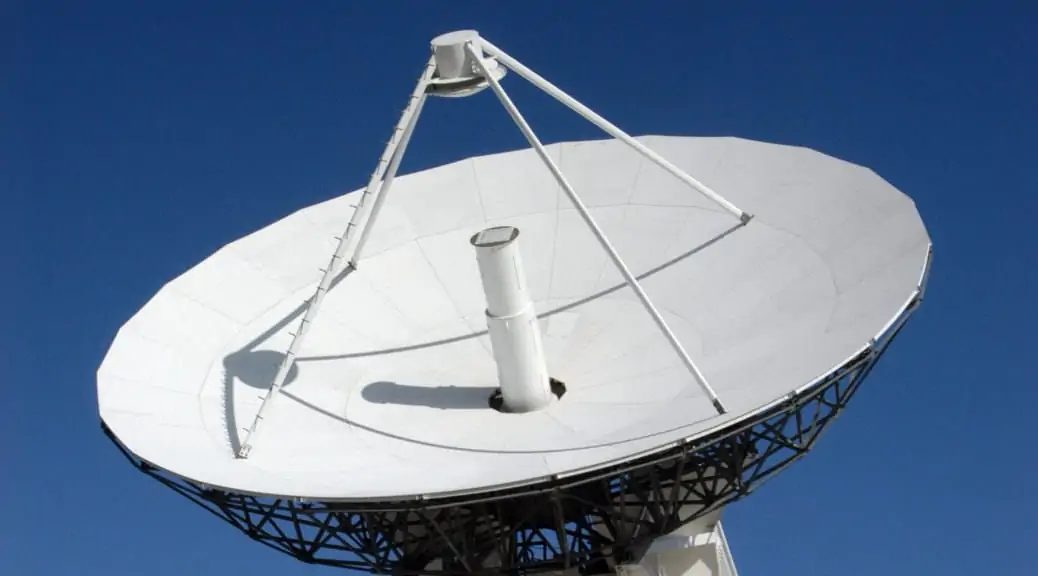Each week our scan collects weak – and less weak – signals… We present below the most interesting or relevant features for each section.
World (all matters related to war, international and national security) – This week, we can point out, besides many other signals and articles, a must read article on “Putin’s Great Gamble” by Pr Nikolas K. Gvosdev, which not only enlightens understanding of current relations but also is crucial to foresee next moves.
The way the war against the Islamic State impacts Turkey and its relationships to other players, including the U.S., is also of utmost importance for the way the war will be waged in the future by the different actors.
The Carnegie Endowment for International Peace policy recommendations for a EU Foreign Policy strongly committed to
serve a US-led liberal order (or neo-liberal order in international relations theory’s parlance) is also interesting, notably in regard of Gvosdev article… Could it be that Europe and European countries have become a stake into the current struggle for the coming world order? More bluntly put, from the point of view of America (and everyone knows the close relationship between think tanks and power), should everything not be done to prevent Europe to link with Russia and the Russian backed Eurasian Union. Could a however loosely connected united Eurasian continent be seen as anything else than a formidable threat by a U.S. seeking to remain the dominant world power? If this is correct, then Europe and European states have now a tremendous power in their hand, and they should not shy away from using it for their own interest, rather than looking at serving another actor. This is also what a true multipolarity may mean.
Ebola – An interesting point resulting directly from crowdsourcing, is that Ebola fundamentally does not interest much, as very few articles found their way into the Weekly. Read the potential good news regarding a slowing down of new cases in Liberia, however to put into perspective as slow down and renewed cases have been so far a pattern for this Ebola epidemic outbreak (WHO – Ebola update, 14 October 2014, Geneva, Switzerland – Dr. Bruce Aylward).
Technology and armaments – Besides many posts related to latest armament sales or innovation, of particular interest is the effort of the U.S. DoD at “saving” innovation.
Energy and environment security – Read notably an article presenting the report Drilling Deeper: A Reality Check on the US Government’s Forecasts for a Lasting Shale Boom, just released and questioning the reality of the benefit of the fracking revolution.
Science – Some new breakthroughs in nanotechnologies stand out this week.
Economy (look here for issues related to economic crises, monetary policy, inequality, or budget deficit for example) – Many articles are about the QE policy of the US, however, there is also an interesting post regarding a “Mysterious Chinese Buyer Of Record Crude Oil Cargoes Revealed”, not to mention the creation of the China backed new Asian Bank, joined by 21 Asian nations.
The Weekly is the scan of The Red (Team) Analysis Society and it focuses on national and international security issues. It was started as an experiment with Paper.li as a way to collect ideas, notably through Twitter. Its success and its usefulness led to its continuation.
The information collected (crowdsourced) does not mean endorsement but points to new, emerging, escalating or stabilizing problems and issues.
If you wish to consult the scan after the end of the week period, use the “archives” directly on The Weekly.
Featured image: “C-band Radar-dish Antenna”. Licensed under Public domain via Wikimedia Commons



If with the advent of the patent copy release of the EV-TOO Radial Arc Generator for cars on Saturday it becomes apparent free energy is around the corner in unlimited megawatt capacity, how do you feel the world will handle having nothing to fight over in commodities such as oil or coal or uranium?
Much would depend upon when, how and where it happens. In other words without making a proper analysis we cannot give you an informed and useful answer :).
well if you read this patent and understand this can be done in a matter of months to change the world, released today, your parameters are the same time frame, from publication to completed construction of working units, similar principal only in megawatts using the planet. (already tested ) so say June next year 20th to be precise. same designer. this one is also already independently verified.
This is not what I meant: the research would need to consider which actors believe in this patent, the politics behind it and oil, gas etc. Here we deal with strategic foresight and warning for nat and int national security issues, not with promoting a technical project, however interesting it might be…